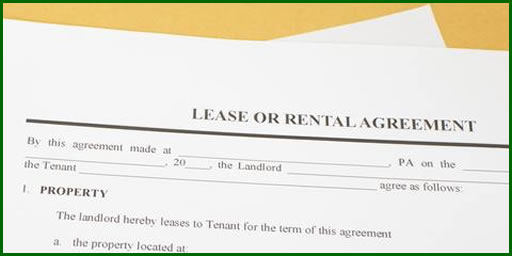A rental agreement outlines the rules, regulations, details and parameters to be followed by a tenant while they are leasing property. It should cover a range of policies and specifics to ensure compliance; however, some areas are more important than others.

Here are five key rental agreement policies landlords should include:
- Security Deposit Details
While the amount of the security deposit will have been clearly stated during the application process, rules and parameters related to possible penalties and deductions from its amount should be clearly stated in the rental agreement.
- Late Fee
Charging a late fee when tenants are tardy with rent is one of the most effective ways to compel consistency with payments. The amount and terms of this policy should be in compliance with state laws and mapped out clearly in the rental agreement.
- Number of Occupants and Subletting
The number of renters that a landlord chooses to allow in their property should be clearly delineated. If subletting will be an option for current tenants, clear guidelines about the process should be spelled out in the rental agreement. Having the current tenant pay for tenant screening and a background check for the new renter should be strongly considered.
- Pet Policy
If pets are strictly not allowed, the rental agreement should state this clearly. If they are, rules and parameters should be spelled out. Some components of this section might include limits on the number of pets, their size and type. Specifics about keeping the interior and exterior of the property maintained should also be included. Many landlords charge an additional security deposit amount for pets, and some make it non-refundable; be sure to delineate all of the specifics of your pet policy.
- Termination and Other Restrictions
Rules, laws and guidelines for termination of a lease and tenant eviction vary from state to state, but a rental agreement should include a policy that is in compliance. Grounds for eviction might include illegal activity on the premises or failing to pay the rent for a certain number of months.
A rental agreement can help to avoid disputes down the road related to property rental. While it should contain a range of key details, these five policies are crucial, and landlords should ensure they are clearly delineated in their rental agreement.
Disclaimer: The information on this website does not constitute legal advice and is governed by our Terms of Use. We make no claims, promises or guarantees about the accuracy, completeness, or adequacy of the information contained in or linked to this website and its associated sites.





